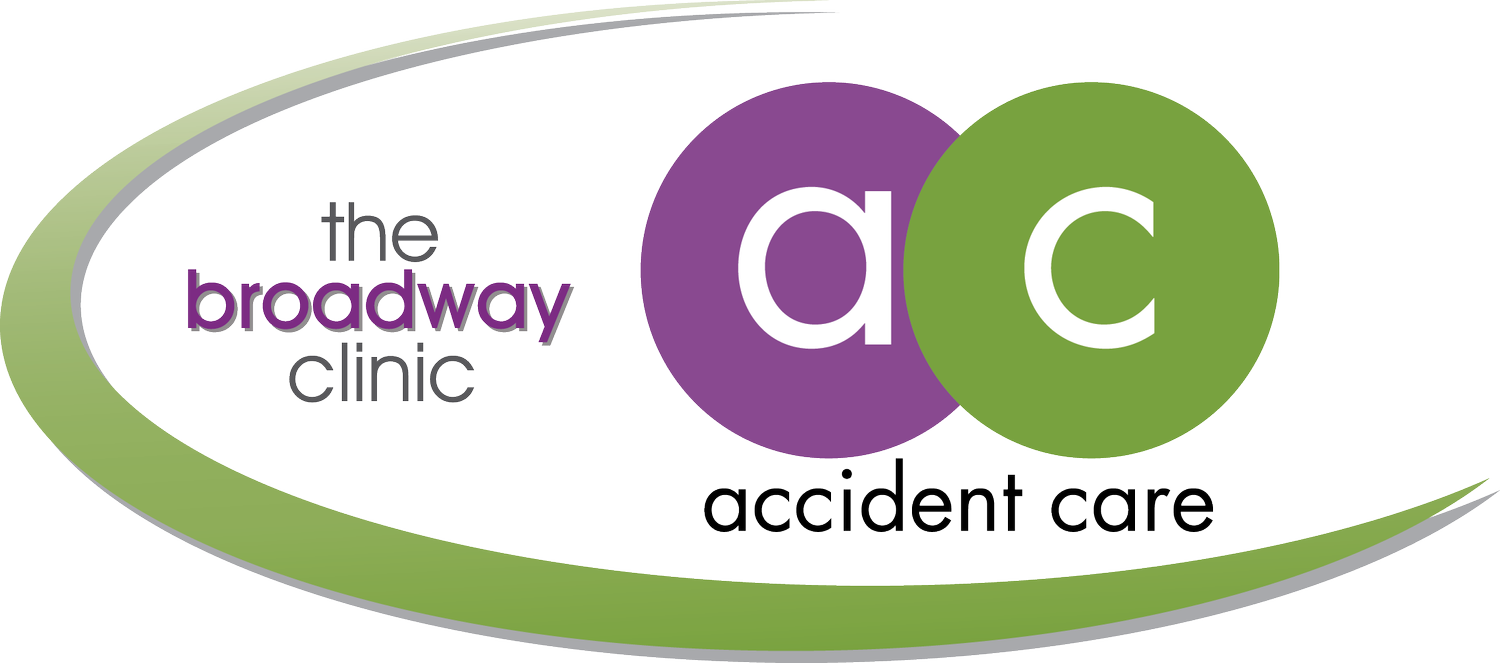Auto Accident Head Injuries: Give the Deserving Attention
An auto accident can alter your life in a split second. One minute, you're cruising down the highway; the next, you're dealing with traumatic injuries, hospital bills and emotional turmoil. When it comes to auto accidents, head injuries are among the most concerning that you should never take lightly. This article aims to guide you through the different types of head injuries you might suffer and why you should opt for specialized auto accident injury care immediately.
Silent Perils: Various Types of Head Injuries
Understanding that each form of head injury demands distinct attention and specialized medical care is crucial.
Concussion: A Mild Traumatic Injury
While termed 'mild,' concussions are far from trivial. A concussion can cause headaches, dizziness and sometimes a temporary loss of consciousness. If you've had an accident, getting evaluated for concussions is crucial, even if you think you feel fine. Symptoms can sometimes take hours or days to manifest.
Contusion: A Bruise on the Head
A contusion causes bruises on the brain, often due to direct impact. This injury can lead to swelling and localized damage. Although not as severe as other head injuries, ignoring it can lead to complications.
Skull Fracture: A Crack in the Bones
A skull fracture is a severe injury that needs immediate intervention. The break in the skull can press on the brain, causing it to swell and increase intracranial pressure. This injury is a medical emergency and demands specialized auto accident injury care.
Traumatic Brain Injury: Disrupting Brain Function
Traumatic brain injuries (TBIs) can have debilitating long-term effects. TBIs can severely impair cognitive functions, cause personality changes and even lead to permanent disability. An injury and accident clinic in OKC may conduct various tests, including CT scans and MRIs, to diagnose and manage TBIs.
Hematoma: Blood Accumulation in Blood Vessels
A hematoma is an accumulation of blood outside the blood vessels, causing immense pressure on the brain. Prompt treatment, often requiring surgical intervention, is vital to prevent severe damage.
Take Action After Head Injury: Visit Auto Accident Injury Care Clinic
Immediate Diagnosis: In head injuries, time is of the essence. The sooner you receive a diagnosis, the better your chances of minimizing long-term consequences. Auto accident injury care clinics can provide you with a rapid and accurate diagnosis. They are equipped with state-of-the-art imaging technologies like MRI and CT scans that detect internal injuries often invisible to the naked eye.
Specialized Care: A generalized approach to care won't suffice when dealing with a head injury. You need specialists who understand the complexity and severity of brain injuries. Auto accident injury centers usually have a team of neurologists, trauma surgeons and other specialists trained to handle the intricate nature of head injuries.
Tailored Treatment Plans: Head injuries can vary significantly from one individual to another. Therefore, a tailored treatment plan is essential. These specialized centers consider your medical history, the nature of the accident and the types of head injuries sustained to develop a personalized treatment plan, ensuring you get the best care for your unique situation.
Rehabilitation: A full recovery from a head injury often requires more than immediate medical attention; it also calls for a robust rehabilitation program. Auto accident injury clinics offer physiotherapy, cognitive therapy and other forms of rehabilitation to help you get back on your feet, mentally and physically.
We Understand the Gravity of Auto Accident Injuries
Head injuries are not just another tick-box in your post-accident checklist. They demand immediate and specialized attention. The Broadway Clinic Accident Care provides that much-needed expertise, ensuring that you don't just survive an accident but truly recover. Book your appointment now for auto accident injury care in OKC!
**Disclaimer: This content is not the advice of a medical expert and establishes no doctor-patient obligation or relationship.

